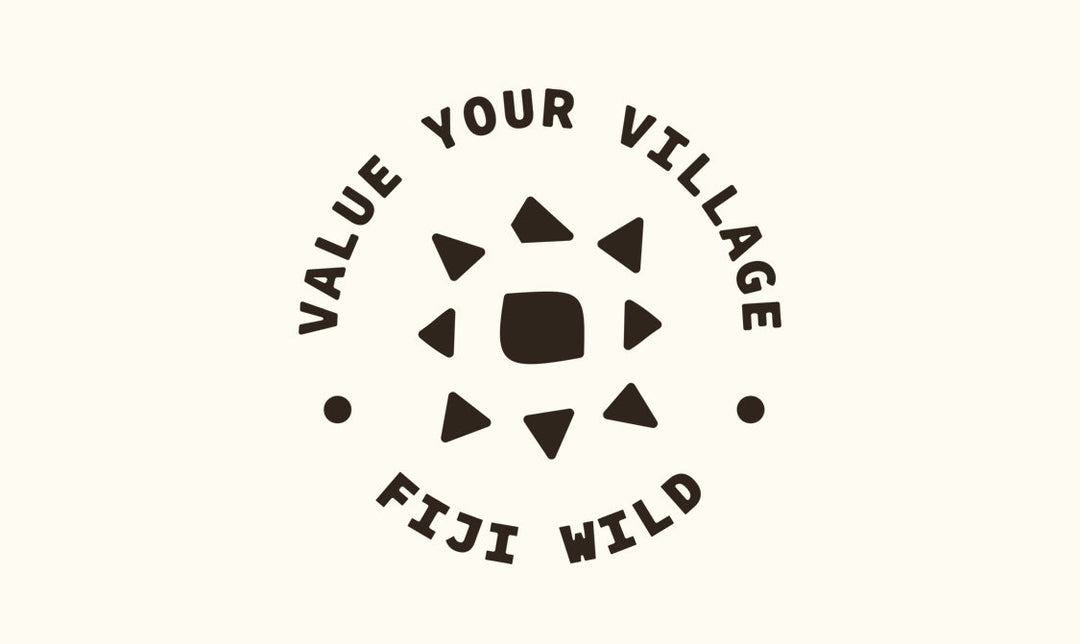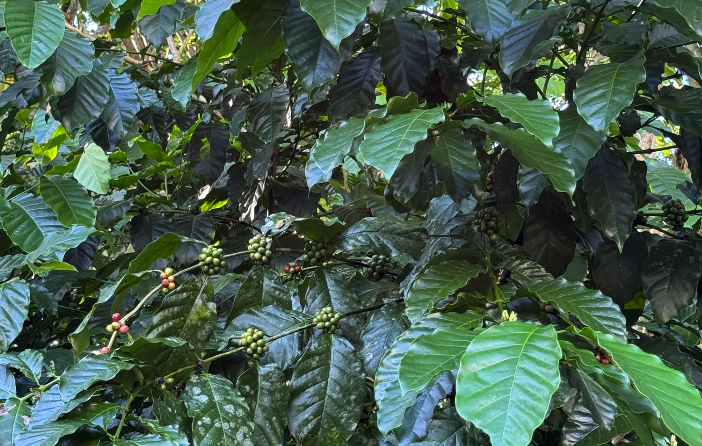Fijian Culture: Where Land and People Are One

In Fiji, the connection between land and people is sacred. It’s not just a source of sustenance—it’s a relationship built on respect, harmony, and stewardship. At Fiji Wild Coffee, this deep bond is at the heart of everything we do. Our coffee is more than a product; it’s a celebration of the unity between the wild land of Fiji and the resilient communities that care for it.
Let’s explore how Fijian culture inspires the spirit of Fiji Wild Coffee and the unique way it emphasizes connection.
1. The Land as Family
In Fijian culture, the term vanua means more than just land—it represents the people, the environment, and the connection that binds them. The land is seen as a living part of the community, providing life while being nurtured and protected in return.
This philosophy mirrors our approach to coffee:
- Naturally Grown: Our coffee grows wild, untouched by pesticides, preserving the rich biodiversity of Fiji’s highlands.
- Sustainably Harvested: Every bean is hand-foraged with care, ensuring that the land remains healthy for generations to come.
By choosing Fiji Wild Coffee, you’re not just enjoying an exotic, sustainable brew—you’re honoring this profound connection to the land. To learn more about the importance of preserving indigenous lands and cultures, click here.
2. Generations of Stewardship
Fijians have cultivated and cared for their land for generations, guided by traditional knowledge passed down through families. They don’t just live off the land—they live with it, using practices that preserve its health and productivity.
This deep connection means they know what they’re doing. From hand-foraging wild coffee to cultivating tropical crops, Fijians have mastered sustainable practices that respect the delicate balance of their ecosystems.
At Fiji Wild Coffee, we’re committed to preserving this way of life. By supporting Fijian families, we help ensure that their traditions and expertise continue to thrive, empowering them to maintain their harmonious relationship with the land they’ve cared for over centuries.
Related Read:
What Fijian Culture Can Teach the World
3. The Spirit of Community
Fijian villages are built on a foundation of unity and collaboration. Families work together to harvest wild coffee, using techniques passed down through generations. This sense of community is the backbone of everything they do.
Value Your Village—our brand mantra—is a tribute to this spirit. It’s about recognizing the strength of shared purpose and the impact we can have when we support one another. Every bag of coffee you purchase helps empower Fijian families, creating sustainable opportunities that allow them to thrive alongside their land.
Related Read:
What Fijian Families Teach Us About Nature
4. The Bond Between Land and Flavor
The untouched forests of Fiji do more than provide a home for wild coffee—they shape its unique flavor. Growing alongside tropical vegetation like cacao, coconut, and wildflowers, the coffee absorbs these natural elements, resulting in a brew unlike any other.
This connection between land and flavor reflects the Fijian belief that everything in nature works together. When you sip our coffee, you’re experiencing the purity and richness of a land deeply loved and cared for by its people.
Discover the Taste of Fiji:
5. Honoring the Spirit of Fiji
At Fiji Wild Coffee, we carry the essence of Fijian culture in every cup. From the sustainable harvesting of our beans to the empowerment of local families, we aim to preserve and share the spirit of Fiji with the world.
Our coffee is more than a drink—it’s a connection to the values that define Fiji:
- Respect for the land
- Strength in community
- Pride in tradition
When you choose Fiji Wild Coffee, you’re joining us in celebrating this bond between land and people. Together, we can honor the wild spirit of Fiji.
Fijian culture reminds us that land and people are one, and that connection fuels everything we do. By choosing Fiji Wild Coffee, you’re not just drinking a cup of coffee—you’re connecting to a place, a people, and a purpose.







Leave a comment